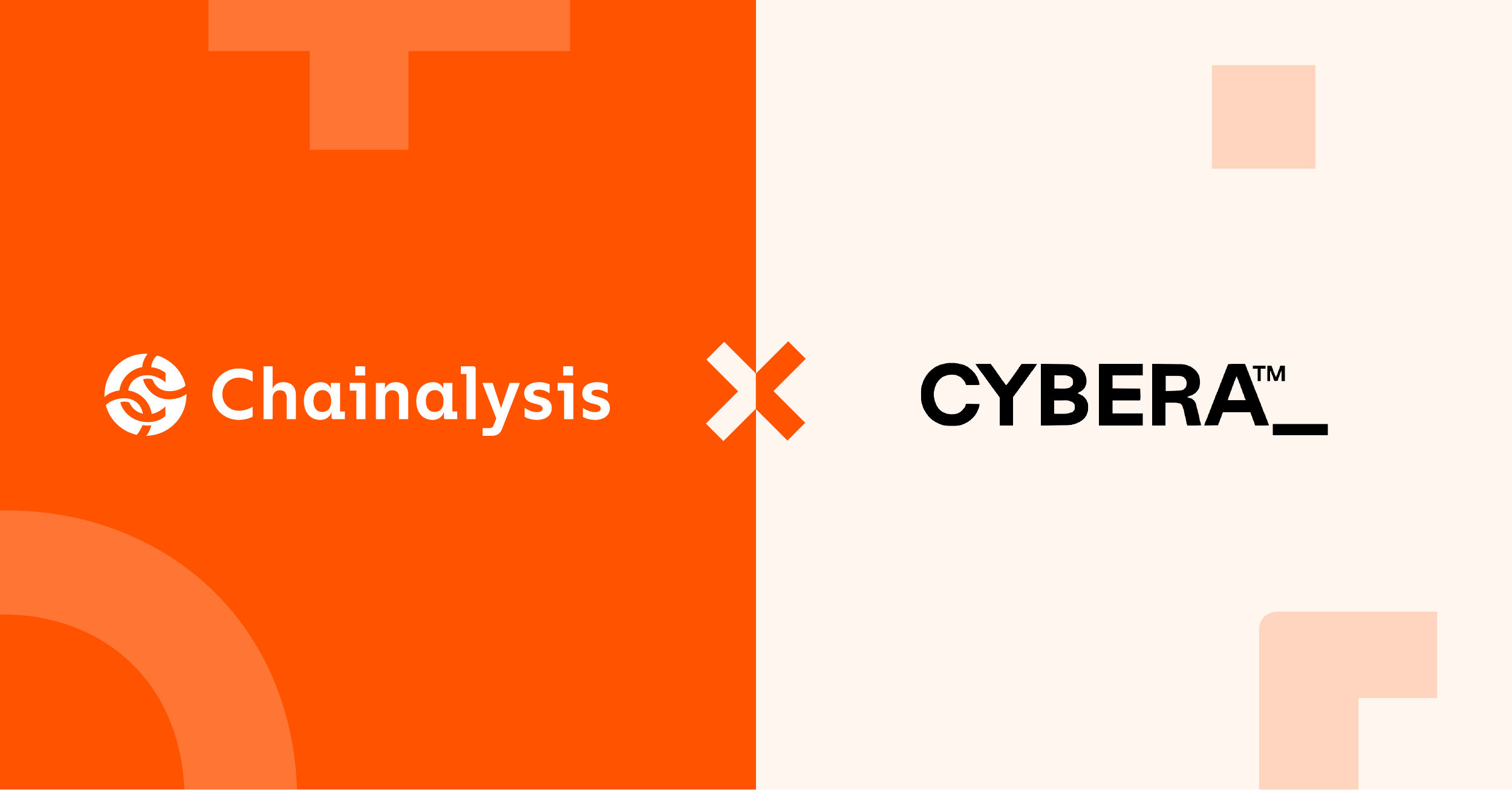written by Rob Tharle, Head of Product
The levels of fraud and scams globally, particularly relating to crypto, show we need to do more to limit the abuse. Losses in crypto are up even as the price has fell through the floor. As I have written before, for crypto to be fully mainstream it requires further regulation to protect consumers/investors and provide the legitimacy and confidence of consumers.
This is especially the case if firms wish their tokens to be used as money or a financial asset. If you purport to be a financial institution, rather than a merchant, then you need to act like one. Clearly, crypto firms are now being targeted by regulators given their size and complexity. It’s also fair to say that an exchange is not really DeFi, is actually the opposite, if you are lent assets then you’re really a bank and if you sell tokens you selling securities. Therefore, there is no good reason most of these are not covered by existing regulations in some fashion especially KYC and AML regs.
Over the last few weeks, we have really started to see this in the wake of FTX. New York particularly taking this stance as it is suing the Celsius founder, and has fined Coinbase $50m for lack of AML controls.
A key element within operating as a financial institution is in how to deal with potential fraud and money laundering. This goes right through the customer lifecycle such as:
- Preventing onboarding mules and bad actors
- Looking for and acting on suspicious activity
- Preventing payments that could be fraud
- Freezing access where necessary, not just on a court order
- Recovery and repatriation of funds
What’s required here are the policies, processes, systems, and people to achieve these in a meaningful way.
One thing we often hear at CYBERA is that exchanges will only freeze funds with a court order or law enforcement subpoena, and this should not always be the case.
Whist innocent account holders should have disruption minimized, firms should use external intelligence to undertake their own assessment of how legitimate a transaction is and where appropriate freeze accounts/assets while further investigations happen. Clearly, such data would be an important signal to go alongside other data on that customer/account holder, such as transaction history, device data, and network analysis for firms to use.
Repatriation of funds may require further burdens of proof and formal requests for recovery from law enforcement, courts or other financial institutions.
The key to this is a high-quality, trusted source of data. This is where CYBERA can help as the data is direct from victims, and shared with both sending and beneficiary institutions and Law Enforcement. It’s also global and fast covering fiat and crypto, enabling faster responses.
So as a financial institution, whether a banks or exchange covering fiat or crypto, this can be used to create an alert and be part of a transaction monitoring programme.
As such CYBERA can act as a trustworthy connection between all the parties, facilitating data sharing of confirmed frauds/scams and the mule accounts that are used.
For crypto to succeed it needs to be seen as a safe and more efficient way to undertake finance and transactions, not the wild west.
As such there are a number of things firms can do to improve this.
- Highlighting bad actors and transactions to law enforcement and peer institutions through improve data sharing.
- Preventing fraudulent and illegal transactions from being made both outbound and inbound.
- Actively help customers and victims recover stolen funds.
CYBERA’s solutions can help here by:
- Enabling data sharing between institutions and law enforcement
- Global and covering fiat and crypto
- Real-time APIs that are easy to integrate
- No need to have a large DB internally
- Help prevent customers from becoming victims
- Help with recovery when they are victims


